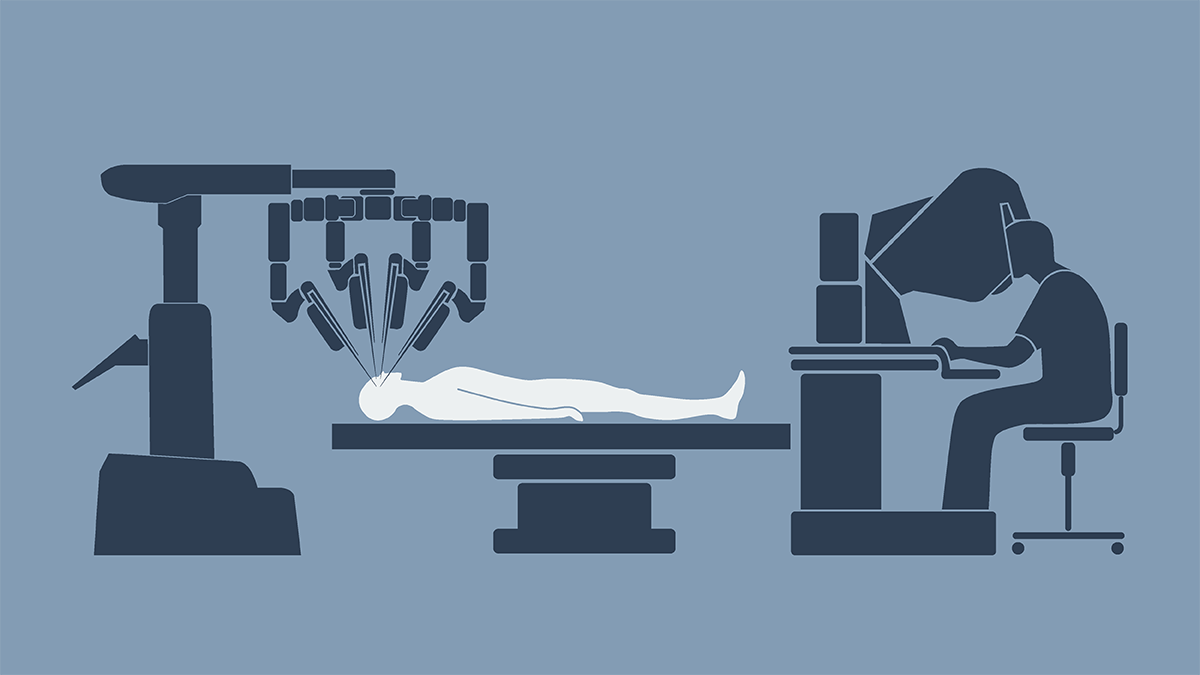You are viewing 1 of your 3 articles before login/registration is required
Perceiving the Algorithm
A new UK study investigates how patients feel about “robot-driven” technology in retinal disease management
Ophthalmology was an early adopter of artificial intelligence (AI) in medicine (1), and the technology continues to evolve steadily within the field. Deep learning algorithms, for example, are being developed for fundus photography, OCT, and visual field testing, with applications spanning the detection of clinically significant macular edema in diabetic retinopathy to quantifying retinopathy of prematurity’s emergence and progression (2).
Given rising public awareness of AI tools, researchers decided to investigate patient attitudes to the technology contributing to their care. From October 1, 2022, to January 31, 2023, the team surveyed 177 patients with retinal disease receiving intravitreal treatment (IVT) at the Princess Alexandra Eye Pavilion, Edinburgh, Scotland (3). In addition to gathering general information on the patient’s sex, age, location and diagnosis, the survey used a five-point Likert scale to determine participants’ responses to more specific questions.
The survey shows that participants who came from more affluent socioeconomic backgrounds generally displayed more confidence in having “robots” make diagnostic and treatment decisions compared with their less socially privileged counterparts. Interestingly, these more socially affluent participants indicated that their acceptance would be influenced if the robots were able to reduce waiting and appointment times, communicate effectively, and showed some level of empathy towards them.
If you’ve read anything about patient perceptions of AI, you’ll likely not be surprised by these results. As the study notes, previous literature has attributed a disparity of trust in AI to two main factors – education and income.
The survey also indicated that a majority of the participants (65.5 percent) claimed they would be unhappy receiving IVT injections from a robot. This particular concern was voiced more frequently by respondents from more deprived socioeconomic backgrounds and, also rather intriguingly, by female participants (p = 0.04). This gender disparity has been noted in other previous studies (4), although the reasons behind it are still unclear.
Though the study finds significant associations between how AI is regarded and the socioeconomic background and gender of patients, it is worth remembering that it was a small-scale survey of only 177 participants in Edinburgh – a relatively affluent and largely white region of the UK (5). Given these limitations, the authors recommend further studies to better understand – and help support – the adoption of advanced technologies into ophthalmological practices. Arguably, patients stand to gain most from the integration of AI and deep learning into eye care and treatment – but first there must be some level of trust.
This article first appeared in The Ophthalmologist
References
K Jin, J Ye, “Artificial intelligence and deep learning in ophthalmology: Current status and future perspectives,” Advances in Ophthalmology Practice and Research, 2, 3 (2022).
EyeWiki, “Artificial Intelligence in Neuro-Ophthalmology,” (2023). Available at: bit.ly/443f44N.
K Long Aw et al., “Patients’ Perception of Robot-Driven Technology in the Management of Retinal Diseases,” Ophthalmol Ther, [Online ahead of print] (2023). PMID: 37369908.
D Pinto dos Santos et al., “Medical students’ attitude towards artificial intelligence: a multicentre survey,” Eur Radiol., 29, 1640 (2018). PMID: 29980928.
Edinburgh Health and Social Care Partnership, “Population and Demographics,” (2011). Available at: bit.ly/43bUKgb.
The New Optometrist Newsletter
Permission Statement
By opting-in, you agree to receive email communications from The New Optometrist. You will stay up-to-date with optometry content, news, events and sponsors information.
You can view our privacy policy here
Most Popular
Sign up to The New Optometrist Updates
Permission Statement
By opting-in, you agree to receive email communications from The New Optometrist. You will stay up-to-date with optometry content, news, events and sponsors information.
You can view our privacy policy here
Sign up to The New Optometrist Updates
Permission Statement
By opting-in, you agree to receive email communications from The New Optometrist. You will stay up-to-date with optometry content, news, events and sponsors information.
You can view our privacy policy here







